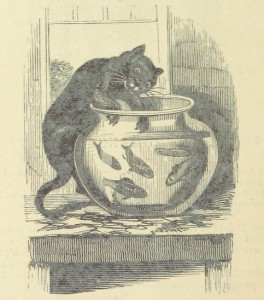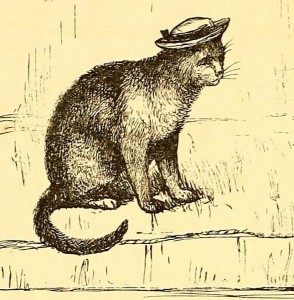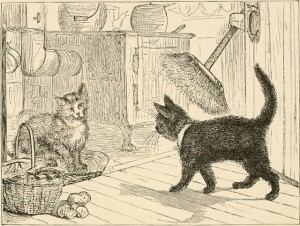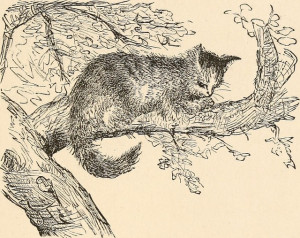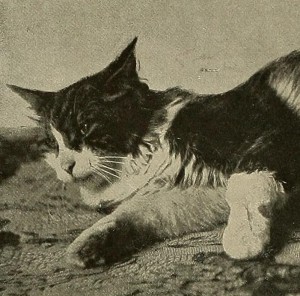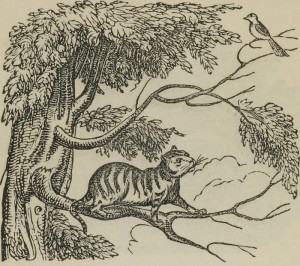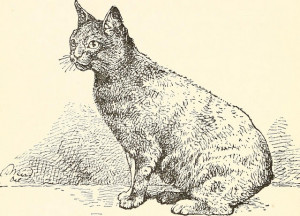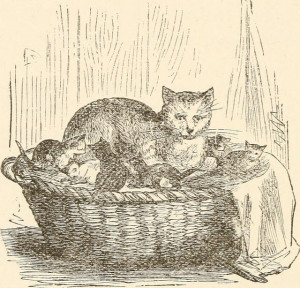
34th chat, June 9 2015: feminist contributions in LIS
moderated by @fiiidget, @g_q_amy, @ghislane, @dinahhandel
Storify (pdf, html) by @DinahHandel
Topic: This #critlib chat is one of the class projects in Pratt SILS LIS 697 Gender and Intersectionality in LIS. The moderators and students are: Sarah (@fiiidget), Amy (@g_q_amy), Bianca (@ghislane), and Dinah (@dinahhandel). The course is taught by Jessica Hochman (@jessicahochman), and we’ve added our syllabus under the suggested readings for this chat. We’ve also been using the hashtag #LISgender to discuss our readings and related content on Twitter.
Suggested readings:
- Syllabus to LIS-697 Gender and Intersectionality in LIS: http://bit.ly/1FbPY2Y
- Intersectionality on Wikipedia: http://en.wikipedia.org/wiki/Intersectionality
- DeFrain, E. and Pagowsky, N. “Ice Ice Baby: Are Librarian Stereotypes Freezing us out of Instruction?” http://www.inthelibrarywiththeleadpipe.org/2014/ice-ice-baby-2/
- Gender and Sexuality in Information Studies Colloquium, October 2014. Agenda (with links to presentations): http://litwinbooks.com/2014agenda.php. Presentations from this conference we’ve used in class to talk about race, gender and LIS:
- The Legacy of Lady Bountiful: White Women in the Library by Gina Schlesselman-Tarango. Important to understanding the complex workings of race in LIS is an investigation of the ways in which it has been shaped by gender. A field dominated by white women, tracing the role that the white female body played in early librarianship can illuminate today’s demographic makeup. Calling on the Lady Bountiful archetype, this paper interrogates the ways in which patriarchy, racism, and notions of femininity have and continue to work in LIS education and practice.
Discussion questions:
- Intros: Please introduce yourself. If you’d like, please share your approach to feminism using text, links, or other methods!
- Q1: Do you feel like librarianship is a feminized (or racialized) profession? Does that impact how you do/feel about your job?
- Q2: What categorical binaries (i.e., public/private; insider/outsider) exist in LIS work? When do you notice them? What are their implications?
- Q3: [In our course we’ve discussed intersectionality (where two or more -isms meet) in LIS.] How have you seen identity categories intersect in your work with colleagues, patrons or general LIS practice?
- Q4: What interventions have you/do you want to implement in your LIS practice that were influenced by critiquing/rethinking current practices?
